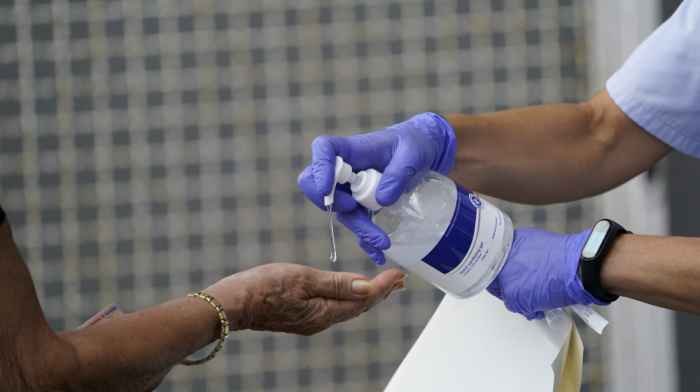A prostate cancer blood test has been shown to reduce the risk of dying from the disease by 13% over two decades, researchers say.
Regular screening using a prostate-specific antigen (PSA) blood test significantly reduces the long-term risk of death from prostate cancer, according to new research published in the New England Journal of Medicine.
The study, which began in 1993, tracked outcomes for more than 162,000 men aged 55 to 69 across eight European countries. Participants were randomly assigned either to undergo regular PSA screening or not to receive screening invitations. After a median follow-up of 23 years, men in the screened group were 13% less likely to die from prostate cancer than those who were not screened.
Researchers concluded that for every 456 men invited to screening, one death from prostate cancer was prevented. One life was saved for every 12 men diagnosed with the disease.
The findings suggest that “screening asymptomatic men does reduce the risk of death from prostate cancer,” said Ben Lamb, urology cancer lead at a London hospital, who was not involved in the study.
However, he noted the benefits take time to emerge due to the slow-growing nature of the disease.
The authors also warned that PSA testing can lead to overdiagnosis, as many detected cancers are low-grade and unlikely to cause harm during a man’s lifetime.
Treating these cases can expose patients to unnecessary risks, including side effects such as erectile dysfunction.
“Many of the cancers found may not have benefited from treatment,” said Veeru Kasivisvanathan, associate professor of urology at University College London, “but patients would have been subjected to treatment-related side effects, which can include life-changing effects.”
Prostate cancer is among the most common cancers in men globally. In the European Union alone, there were an estimated 330,000 new cases in 2022.
Experts say future screening strategies should aim to retain the survival benefit of PSA testing while limiting the harms of overdiagnosis and overtreatment.





















What is your opinion on this topic?
Leave the first comment